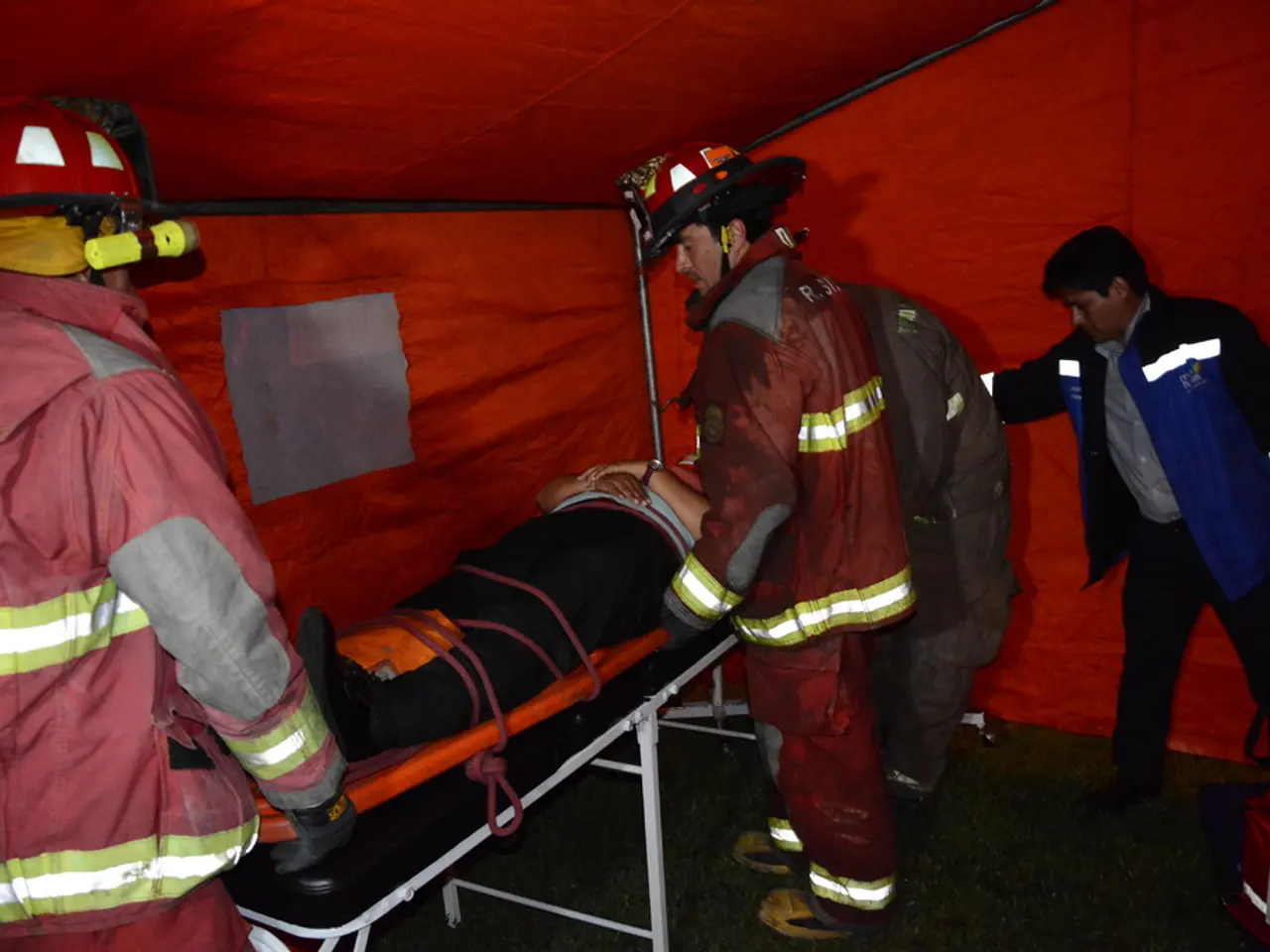Cervical Screening: At What Age and Frequency?
## Updated Guidelines for Cervical Cancer Screening: Emphasis on HPV Testing
In a significant shift in cervical cancer screening recommendations, the American Cancer Society (ACS) updated its guidelines in 2020, placing a greater emphasis on Human Papillomavirus (HPV) testing [5].
### When to Begin Screening
Screening for cervical cancer should commence at the age of 25 [5]. Routine testing before the age of 25 is not necessary, and screening is not recommended for sexually active adolescents or young adults under 25 [5].
### Frequency of Screening
- For individuals aged 25 to 65, the ACS recommends a **primary HPV test every 5 years** as the preferred screening option [5]. If an HPV test is not available, alternative options include co-testing with a Pap test and HPV test every 5 years or a Pap test alone every 3 years, but the HPV test is preferred [5]. - Screening is **not routinely recommended** for individuals over the age of 65 with a history of normal screening results and no high-risk factors for cervical cancer [5].
### Key Points
- **Pap smears are no longer the primary recommended test** under the new ACS guidelines. The focus is on HPV testing, which is more effective at detecting precancerous changes and allows for less frequent screening [5]. - **Co-testing (Pap + HPV) or Pap alone every 3 years** remains an option if the preferred HPV test is not accessible, but it is no longer the first-line recommendation [5].
## Comparison Table
| Age Group | Primary Recommended Test | Frequency | Secondary Options (if HPV test not available) | Frequency | |-------------------|-------------------------|-----------|-----------------------------------------------|-----------| | Under 25 | Not recommended | N/A | N/A | N/A | | 25–65 | HPV test | 5 years | Pap + HPV (co-testing) or Pap alone | 5 years (co-testing), 3 years (Pap alone) | | Over 65 | Not routinely recommended | N/A | N/A | N/A |
## Additional Information
- People under the age of 21 are not recommended to have Pap smears. - Women who have gone through menopause should continue to get Pap smears until the age of 65, but continuing Pap smears after age 65 will depend on whether a person has risk factors for cervical cancer. - It is essential to note that Pap smears and HPV tests are performed during routine care visits by a healthcare provider, who will ask health questions, perform an examination, and take a sample of cervical cells using a brush or spatula [5]. - The sample is placed in a container filled with a transport medium and sent to a lab for examination [5]. - Results can take about a week to come back, and a person will usually receive their results in a letter or through an online portal [5]. - Regular health examinations, including routine doctor visits, mammograms, and gynecological appointments, are still crucial for maintaining overall health [5]. - It's also important to remember that Pap smears and HPV tests are not always accurate and can return false normal or false abnormal test results [5]. If a person's Pap test results are normal, they may need to wait 3 years for the next test (ages 21-29, if only a Pap test is done; ages 30-65, if a combined Pap and HPV test is done and both results are normal) [5]. - If the HPV test shows abnormal results, a doctor may order a colposcopy or biopsy to test for cancer cells [5]. - People who are sexually active, regardless of age, should get regular screening for Sexually Transmitted Infections (STIs), and people over 30 should have an HPV test every 5 years [5]. - People who have had a total hysterectomy may or may not need a Pap smear, depending on their health history and the type of hysterectomy they had [5]. - Pregnant women may or may not need a Pap smear, depending on their situation and the advice of their doctor [5]. - Unclear results may require additional tests or a repeat Pap smear [5].
- The American Cancer Society's updated guidelines in 2020 have made Human Papillomavirus (HPV) testing a primary focus for cervical cancer screening, due to its effectiveness in detecting precancerous changes.
- Screening for cervical cancer should commence at the age of 25 and is not recommended for sexually active adolescents or young adults under 25, following the ACS recommendations.
- For individuals aged 25 to 65, the ACS recommends a primary HPV test every 5 years as a health-and-wellness practice, with co-testing (Pap + HPV) or Pap alone as secondary options if the preferred HPV test is not accessible.




